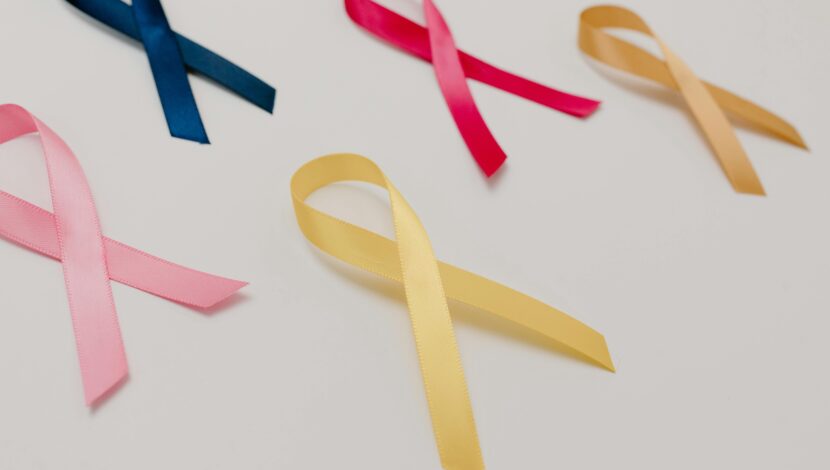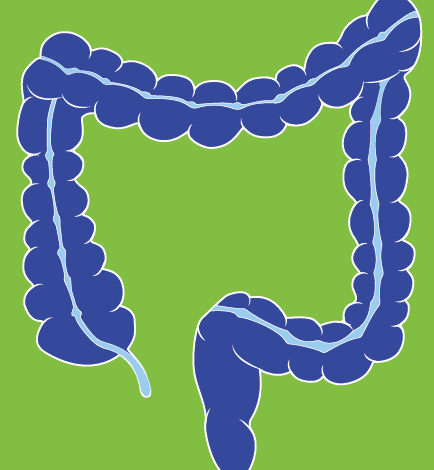The coronavirus (COVID-19) outbreak has been stressful for countless people. It is normal to experience a range of emotions including fear, anxiety, grief and more.
It’s vital to remember if your symptoms or emotions last more than two weeks you should talk with your provider. As we reflect back on World Mental Health Day it’s important for many reasons because mental health not only effects those diagnosed but the family, friends, and coworkers are also impacted. It can help people make an informed diagnosis, by dragging depression out of the darkness. Most importantly, it can bring help to those that need it.
Depression (major depressive disorder or clinical depression) is a common but serious mood disorder. It causes severe symptoms that affect how you feel, think, and handle daily activities, such as sleeping, eating, or working. To be diagnosed with depression, the symptoms must be present for at least two weeks.
Depression is one of the most common mental health disorders. It’s important to know the signs and symptoms.
- Difficulty sleeping
- Appetite changes that result in unwanted weight changes
- Struggling to get out of bed in the morning because of mood
- Difficulty concentrating
- Loss of interest in things you usually find enjoyable
- Unable to perform usual daily functions and responsibilities
- Thoughts of death or self-harm
People respond and cope with stress in different ways. A few ways to cope with the general uncertainty surrounding COVID19 consist of:
- Taking breaks from the news.
- Making time to unwind.
- Setting goals and priorities.
- Taking care of your body.
- Connecting with others.
- Focusing on the facts.
Knowing the signs and finding ways to cope can help manage your mental health. However, if you’ve noticed you’re experiencing symptoms and coping mechanisms aren’t helping you may need to seek professional help. It’s also important to talk to someone and determine what aide can be help. Professional help can include: psychotherapy (talk therapy) – virtual or in person individual, group, or family. Medications, brain stimulus therapies. For treatment help, Henry J. Austin offers: During your initial visit to HJAHC, all patients are screened for behavioral health conditions such as depression, anxiety, substance abuse etc., as part of our Integrated and Trauma Informed Care Programs.
At each of our locations, and virtually, there is a Behavioral Health Counselor who works alongside your primary care provider and a support team to assist you. HJAHC provides individual psychotherapy and psychiatric evaluations. If required, the initial screen is followed up with medical care and referral to treatment that is responsive to your preferences in a respectful and culturally sensitive manner.
To schedule an appointment, call (609)-278-5900.
National Suicide Prevention Hotline:(800)-273-8255
This information was initially posted on National Institute of Mental Health/ nimg.nih.gov





